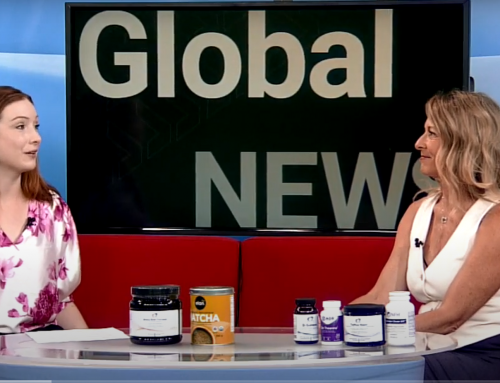Do you know how healthy your colon is? Consider having a Naturopathic Doctor assess your colorectal health so that you can be pro-active about preventing disease. At True Potential our doctors use a full health assessment coupled with specific testing to help determine the health of your colon. Tests include things like stool analysis and food sensitivities, all factors in maintaining good bowel function. Consider booking an appointment today to get a personalized plan that’s right for you.
Healthy Bacteria
One of the most important factors in maintaining the health of your colon is ensuring it is colonized with healthy bacteria. Those bugs prevent opportunistic critters like yeast, viruses, and pathogenic bacteria from taking root and causing problems. This makes those healthy bacteria a first line of defense in your immune system. They are also responsible for the breakdown and activation of certain foods and vitamins, like Vitamin K, for instance.
A recent study revealed that the function of our appendix, long thought to be superfluous, is actually to act as a storehouse of these healthy bacteria. This storehouse is thought to help to reboot and restore the colon after an intestinal illness. If you don’t have your appendix anymore, don’t worry – there is plenty you can do to ensure a healthy population of bacteria in your colon. Your ND can advise you on some great strategies for boosting up those good bugs.
Colorectal Cancer Prevention
There are many things you can do to help prevent colorectal cancer. One at-home idea is to start including more fermented foods in your diet to improve colon health. Sauerkraut, pickled beets, and plain, probiotic yogurt are all great places to start. Fermented foods are an excellent source of healthy bacteria and are easy to make yourself! Here is a recipe to help get you started:
Ginger Carrots
– makes 1 quart
Source: Nourishing Traditions by Sally Fallon
4 cups grated carrots, tightly packed
1 tbsp freshly grated ginger
1 tbsp sea salt
4 tbsp whey (if not available, use an additional 1 tbsp salt)
In a bowl, mix all ingredients and pound with a wooden pounder or a meat hammer to release juices. Place in a quart-sized, wide-mouth mason jar and press down firmly with pounder or hammer to release juices. The top of the carrots should be at least 1 inch below the top of the jar. Cover tightly and leave at room temperature about 3 days before transferring to cold storage.
Use as a topping on meat or grain dishes, or mix with other vegetables for a zesty flavor addition.






